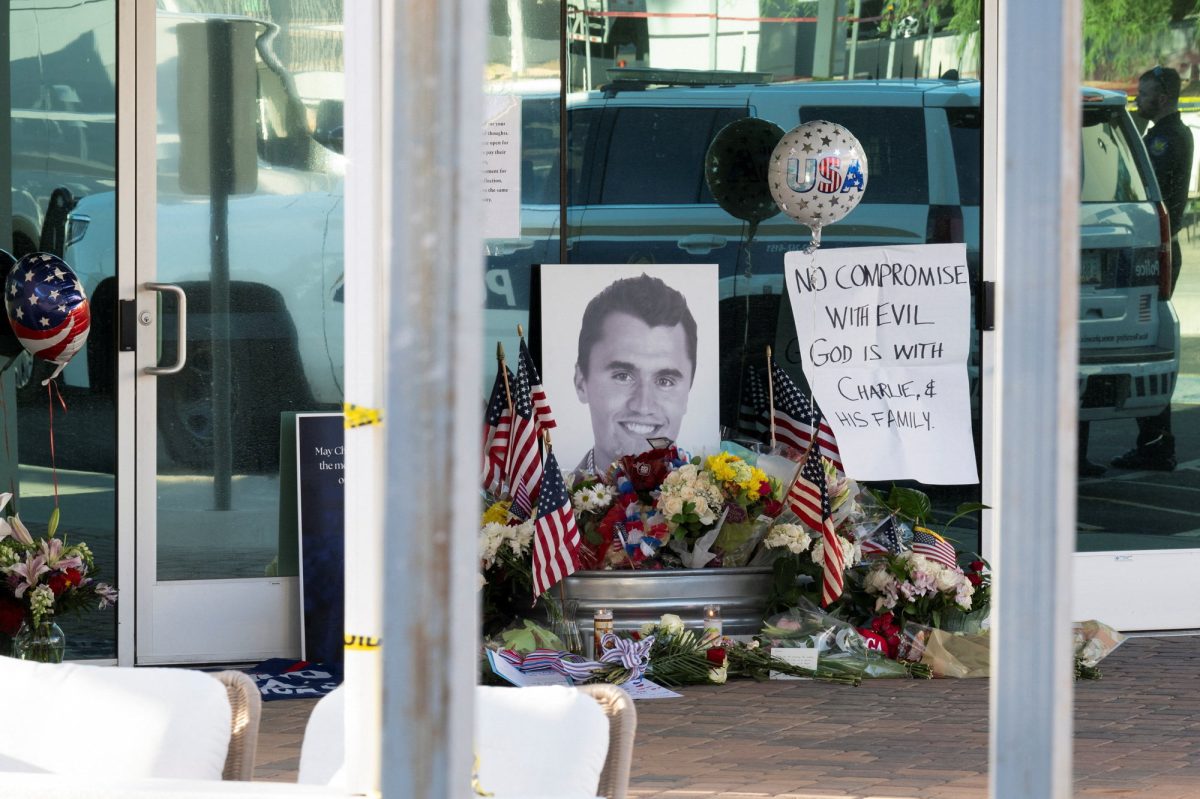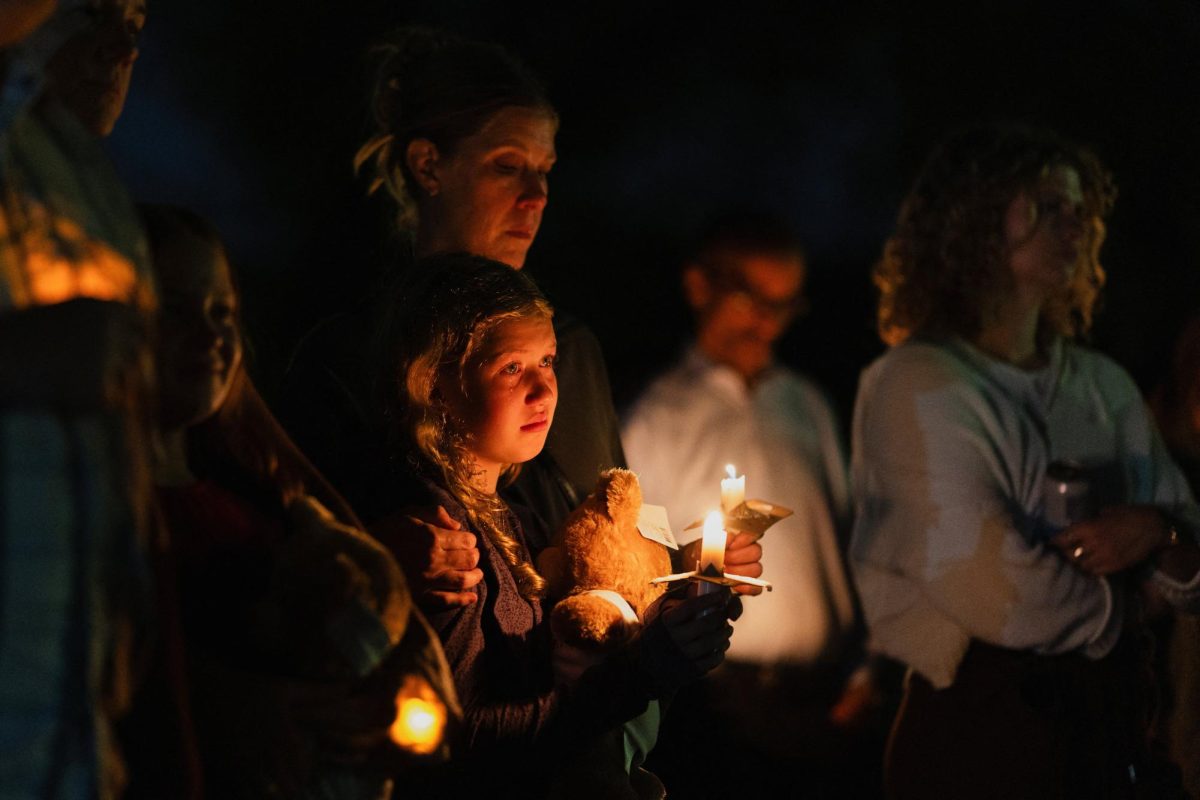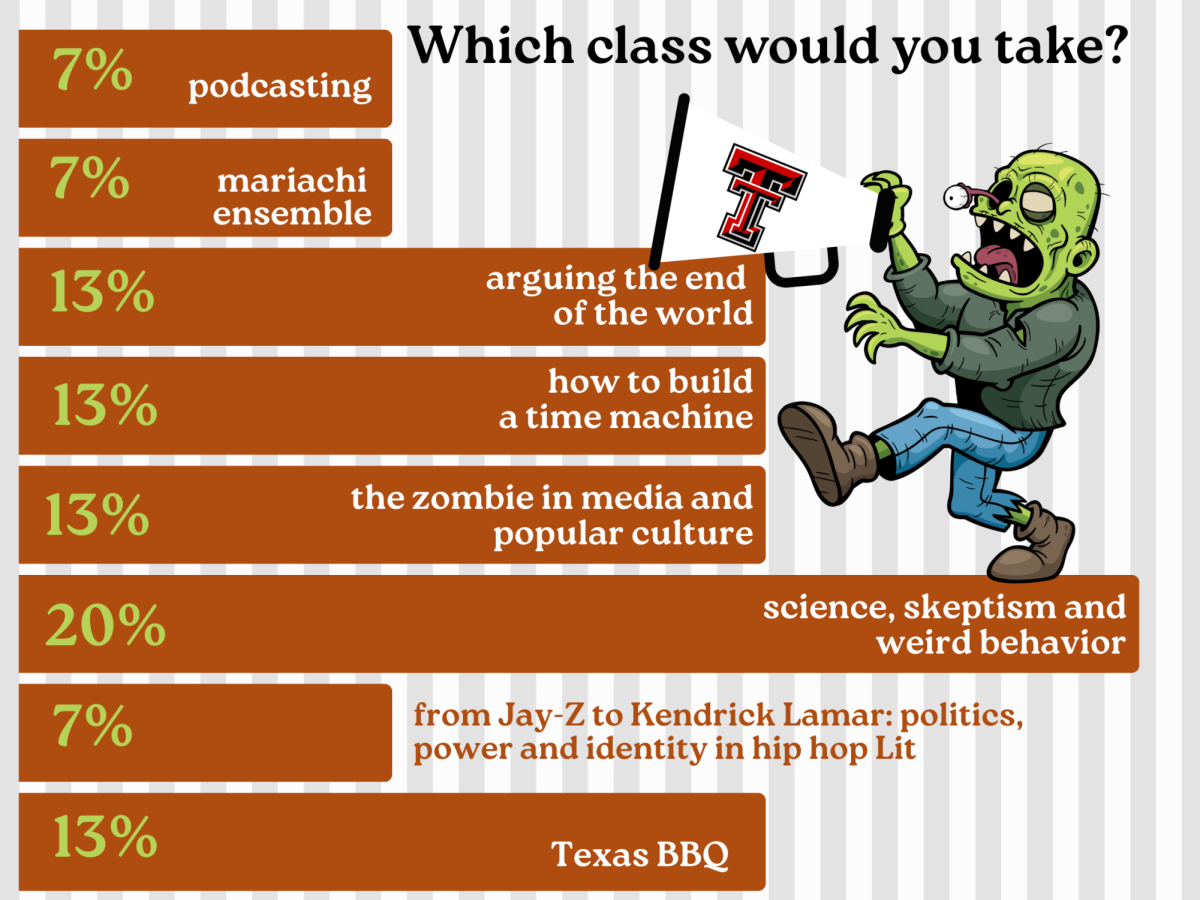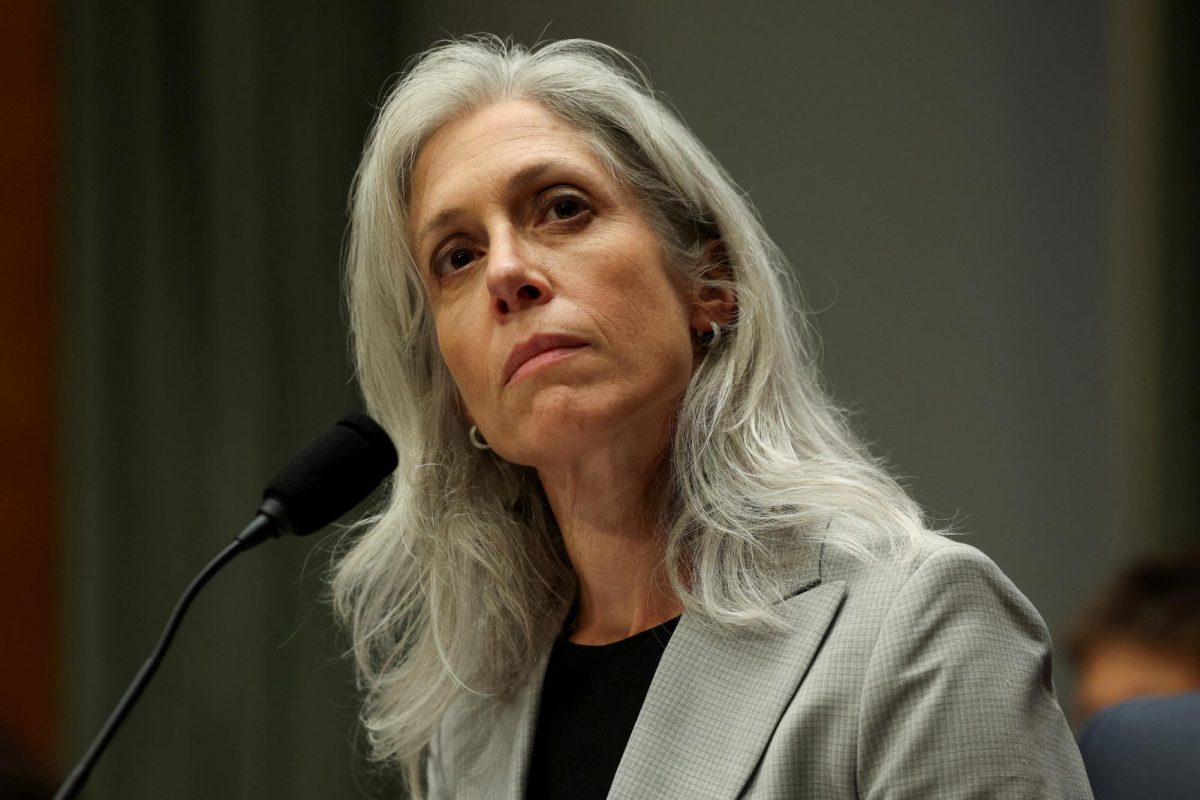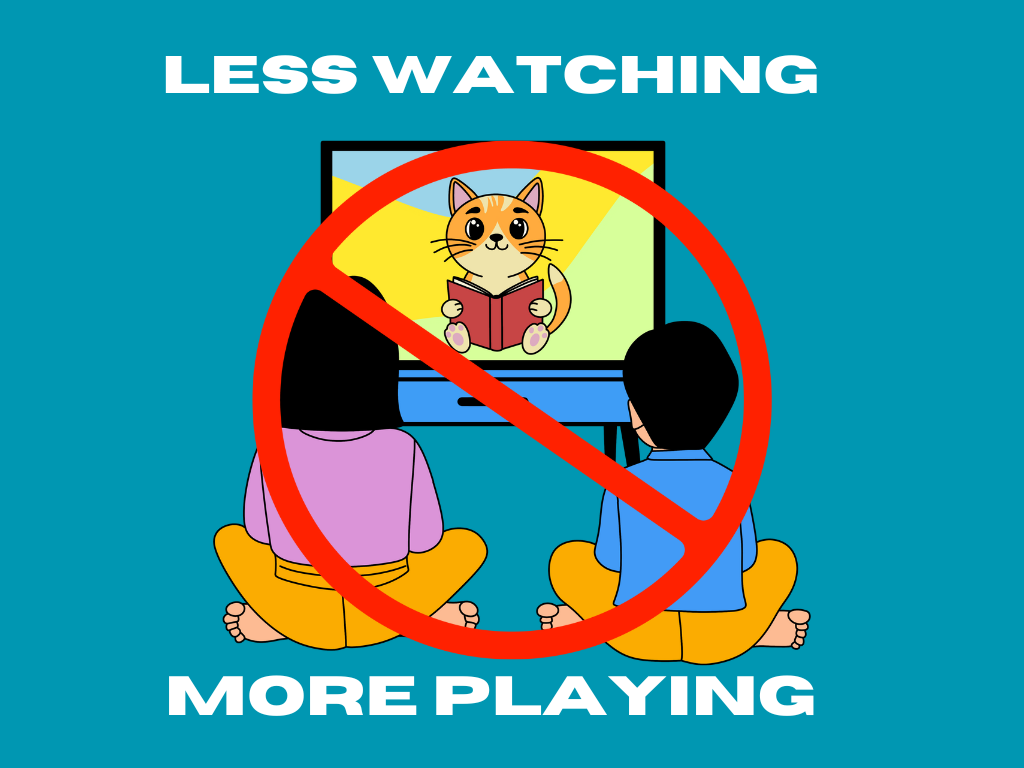Charlie Kirk, a right-wing political activist, was assassinated on September 10, 2025, at Utah Valley University Campus. His assassination has caused public outrage across the globe. However, he can’t simply rest in peace quite yet; his death is still a heated debate.
On a far, right-wing scale, Charlie Kirk’s death meant an attack on freedom of speech, according to several global politicians. “He was shot for speaking truth and defending freedom,” said Israeli Prime Minister Benjamin Netanyahu. But what was Kirk actually propagating?
Known for his devotion to Christianity, especially using principles from the Bible in many of his debates, Kirk’s truths fall far from the fruit of just religion. Kirk actively spoke out against Muslims, Palestinians, women, abortions, gun violence and many more controversial topics.
Kirk found his way to conservative politics back in 2009 when he joined the Tea Party movement. Later, in 2012, alongside Bill Montgomery, they established Turning Point USA. This non-profit organization advocates for the conservative rights of high school and college students. These two major movements are where Kirk caught the attention of Donald Trump Jr. and President Donald Trump.
Kirk would also go on the YouTube channel, Jubilee, to debate Dean Withers, a liberal activist, or others who disagreed with his opinions. This gained Charlie Kirk a lot of traction for his extreme opinions on controversial issues.
Many sympathize with Kirk and his family after his assassination, noting the action as “too far.” However, many argue his death shouldn’t be at the forefront of the news currently.
Not even a month into the school year, there have already been 47 school shootings, but where is the media coverage for the deaths and injuries of students and teachers? What about the bombings and killings in Yemen, Lebanon, Palestine and Syria under Netanyahu’s military? The media coverage that does exist isn’t headline news; instead, it’s over the death of a politician.
How often can the government silence its people for speaking out, but not face consequences? On one hand, Kirk’s wife and kids deserve a stable and safe life, and Kirk shouldn’t have been murdered, but on the other, his assassination shouldn’t be painted as martyrdom. Although Kirk was a devout Christian, he didn’t put his life on the line for Christianity or, colloquially, a political belief.
Donald Trump released a statement at the Pentagon while remembering 9/11, stating that he will award Charlie Kirk with the Medal of Freedom. While Charlie Kirk did exercise his right to freedom of speech to the fullest and encouraged many others to use their voice, he promoted terrible propaganda that created more division in humanity.
Instead of remembering the tragedy of 9/11, many people were focused on the death of Charlie Kirk. Not only were all of social media and the news media focused on Charlie Kirk, but so were the President and Vice President. On September 11, 2001, over 3,000 people tragically lost their lives due to a terrorist attack. When a focused remembrance should have taken place, a distracted one held its place.
February 25, 2024, Aaron Bushnell, a United States Air Force serviceman, set himself on fire in front of the Israeli Embassy in Washington, DC, to protest the still ongoing genocide occurring in Palestine. Yet, no attention was paid to him despite his service to the United States. While his death did track media attention, he received no medals, no recognition, and was viewed as an extreme protestor who died in vain.
Kirk has tweeted, “The deaths of the women and children in Gaza are the fault of Hamas, not Israel,” on the social media site X. While this can be debunked thousands of times over, it is one of the leading propagated topics of the conservative agenda. Not to mention the hundreds of racist, sexist and vile opinions Kirk has spread. Despite this, he was beginning to turn to a side where he began to criticize Israel and other strong conservative beliefs. Regardless, it’s not any human’s right to decide anyone’s fate, especially over freedom of speech.


